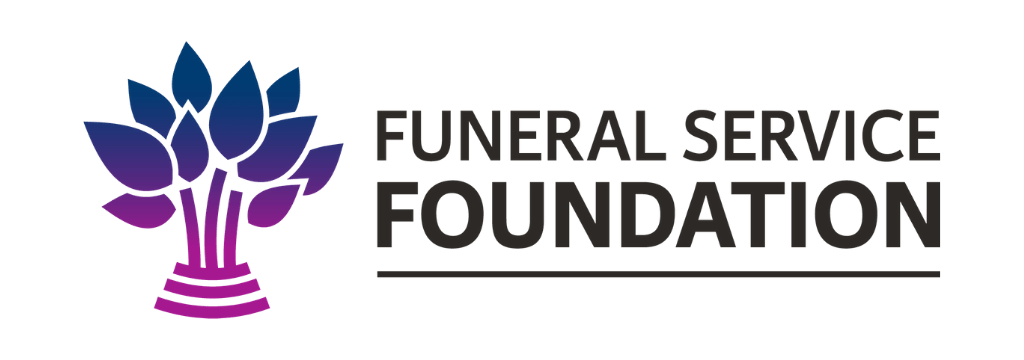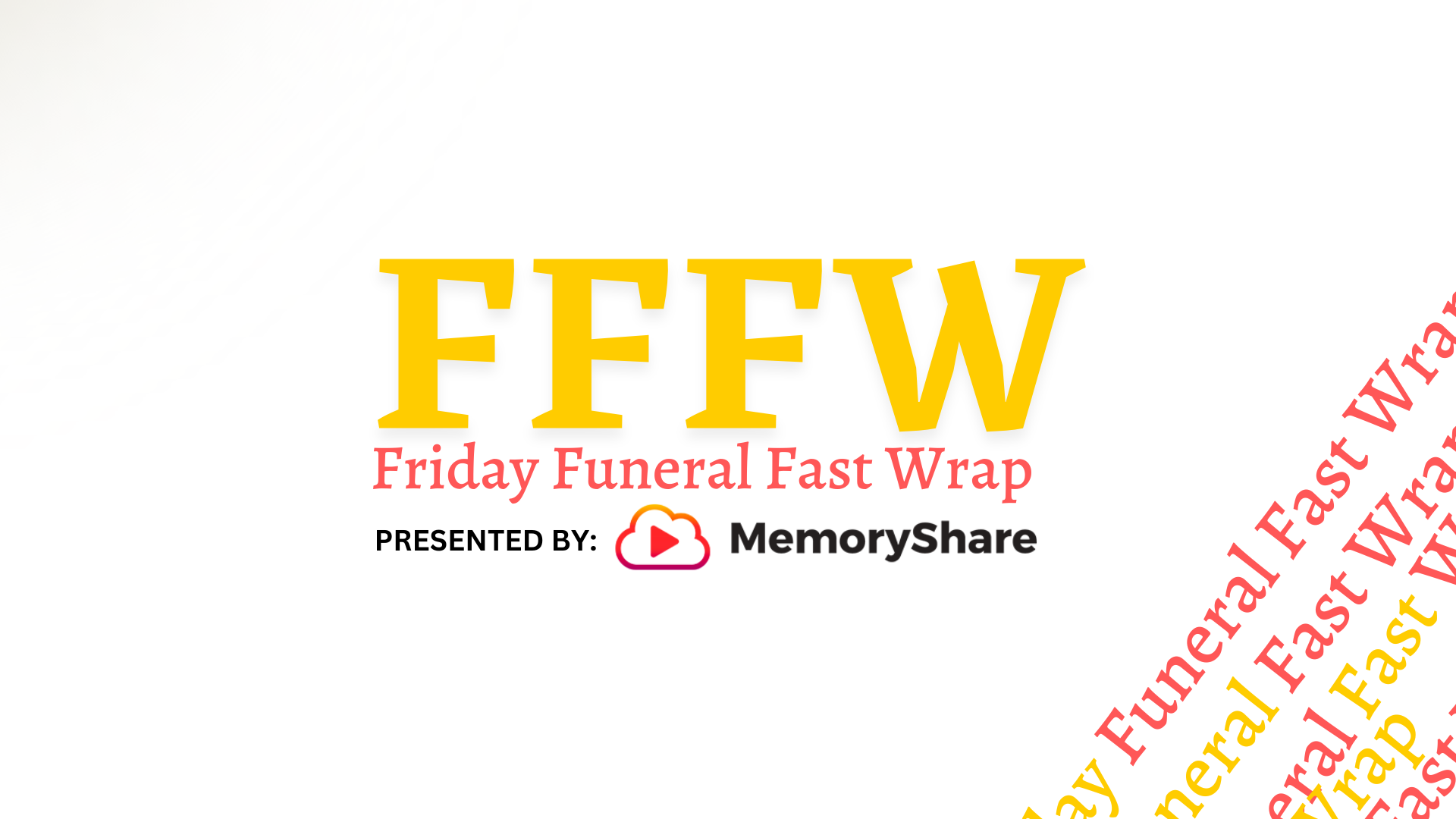Funeral Ethics Organization Calling Out The American Board of Funeral Service Education – Letter Below
 The Funeral Ethics Organization is calling out the American Board of Funeral Service Education in a letter it is sending to the Council on Higher Education Accreditation today.
The Funeral Ethics Organization is calling out the American Board of Funeral Service Education in a letter it is sending to the Council on Higher Education Accreditation today.
Below is a copy of the letter the FEO is sending.
Dear Ms. Gilcher and Ms. Eaton:
The American Board of Funeral Service Education (ABFSE) has been authorized by the U.S. Department of Education and the
Council on Higher Education Accreditation (CHEA) as the accreditation
agency for college and university programs in Funeral
Service and Mortuary Science Education in the U.S. The Funeral
Ethics Organization believes that ABFSE has not established
appropriate or adequate standards and policies to accredit these
programs.
We ask that, per 34 CFR 602.40 (2), you require that
ABFSE make significant improvements to the curriculum content
and accrediting policies within the next 12 months.
The most significant flaw of the criteria on which ABFSE bases
its accreditation approval is the requirement that at least 60% of a
school?s students pass, on the first try, the National Board Exam
published by the International Conference of Funeral Service
Examining Boards (ICFSEB). This requirement can be found on
pages 9-12 and 9-13 of the ABFSE Accreditation Manual
http://www.abfse.org/docs/manual-accreditation.pdf.
Mortuary schools have little or no motivation to address in-depth
curriculum issues if a critical or major goal for accreditation is
how many students pass a certain test. A survey of schools regarding
cremation education done by the Funeral Ethics Organization
in 2005 revealed that some schools openly admit that they ?teach to the exam,? which means that critical relevant topics may not be
covered in the classrooms. (For example, the study guide for the
test has nothing on operating a crematory or on contemporary
cremation issues, such as, ?Can you ship cremated remains by Fed
Ex?? No.) ABFSE has effectively abdicated its curriculum standards
to the testers.
The testers (ICFSEB) are equally impaired by an apparent lack of
academic rigor or honesty and transparency or even accountability.
ICFSEB has refused to share with a Ph.D. candidate any data
and documentation for how the exam was developed, information
that might have been important or helpful in studying ?criteria for
mortuary education,? which is the topic of his thesis. There is no
one to ?accredit? the testers.
In fact, a review of the study guide for the exam shows that it is
outdated by about 40 years and generally irrelevant for today?s
funeral directors, according to various industry practitioners who
have been asked to review it. (See enclosure.) Prepaid funerals are
not mentioned at all. The failure to test for knowledge of the
Federal Trade Commission?s Funeral Rule is astounding, as
violators are now at risk of $16,000 fines for failing to give a
General Price List to a consumer in a timely way, among other
FTC requirements. (One mortuary student contacted Funeral
Consumers Alliance to learn more about the Funeral Rule, as
faculty couldn?t answer his questions.) No sample questions deal
with ethics or who has the legal right to make funeral arrangements.
(Thirty-eight states now have a designated-agent-for-bodydisposition
law, helpful when family members are estranged or
can?t agree.)
In addition to the inappropriate use of the ICFSEB exam as an
accreditation measure, the ABFSE curriculum is itself seriously
lacking content in important contemporary funeral issues, in
violation of 34 CFR 602.16 through 602.21. In the curriculum
outline in the accreditation manual cited above, pages 9-5 through
9-8, there is scant mention of cremation, a rapidly growing choice
of Americans that is over 50% in some states. That failure is
echoed in the detailed ABFSE curriculum, where only two pages
out of 432 mention cremation.1 There is a gross lack of cultural
and religious diversity training. Six pages vaguely mention cultural
or religious issues, predominantly European, with little from
Africa, Asia, India, or Latin America. There is no mention of
Native American rituals or practices whatsoever.
Instead, there seems to be a preponderance of curriculum attention
to embalming, an option more and more consumers are declining
because of cremation or an interest in green burials. Some states
have a separate license for embalmers. Funeral directors need not
learn embalming in those states. Mortuary students say they are
still being taught that embalming protects the public health, at
odds with information from the CDC.
Most consumers will be depending on these mortuary graduates to
care for their deceased loved ones at some time in the future.
Consumers have a right to expect that mortuary graduates will
serve a diverse public in a meaningful and responsible way. We
respectfully request that the U.S. Department of Education and
CHEA order ABFSE to drop its policy of using an exam over
which it has no control for any measure of accreditation. We also
ask that your committee review a revised ABFSE curriculum
guide at some future date to see if academic omissions have been
corrected.
Sincerely,
Lisa Carlson
for the board of the Funeral Ethics Organization
What do you think?



